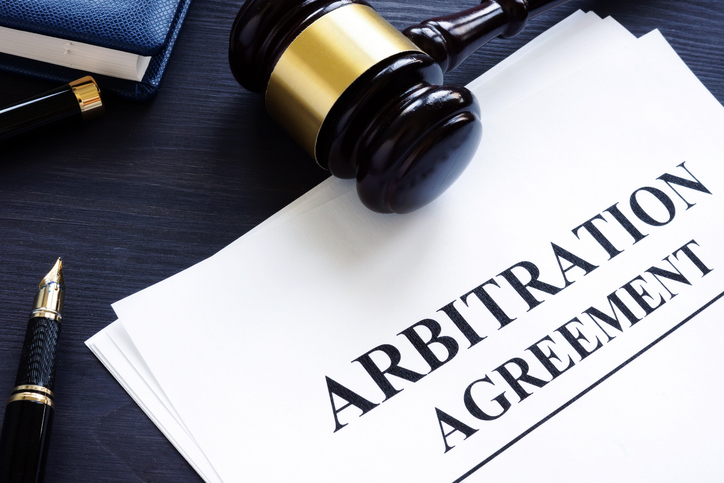California Employers Face an Uphill Battle Requiring Plaintiffs to Arbitrate Sexual Assault & Harassment Claims

In a dramatic expansion of the Ending Forced Arbitration of Sexual Assault & Sexual Harassment Act (“EFAA”), two recent California Court of Appeal decisions have held that plaintiffs can avoid being compelled to arbitration so long as their lawsuit contains at least an allegation of sexual assault or harassment.
Background
In the wake of the #MeToo movement, Congress amended the Federal Arbitration Act (FAA) in March 2022 by passing the EFAA which rendered arbitration agreements unenforceable at a plaintiff’s election in sexual assault and sexual harassment cases. Prior to the EFAA, such agreements were commonplace throughout the United States, resulting in the private resolution of sexual harassment claims outside the public eye. As we highlighted in a prior post, by passing the EFAA, Congress sought to immediately remedy what it perceived to be the inappropriate silencing of sexual assault and harassment claims through private arbitration.
In twin decisions from the California Court of Appeal, Second Appellate District earlier this month (Doe v. Second Street Corp. and Liu v. Miniso Depot CA, Inc.), the court focused on the legislature’s use of the word “case” (as opposed to “claim” or “cause of action”) throughout the EFAA in evaluating its impact on cases involving a mix of sexual harassment and unrelated non-sexual harassment claims, for example a claim for failure to pay wages.
The Decisions
In Doe, a plaintiff filed a lawsuit against her employer and two supervisors alleging sexual harassment, discrimination, and wage and hour violations. In evaluating the applicability of the parties’ arbitration agreement, the court broadly reasoned that although not all of the plaintiff’s causes of action arose from her sexual harassment allegation, the plaintiff’s “case” nonetheless related to the sexual harassment dispute because all of the causes of action were asserted by the same plaintiff, against the same defendants, and had arisen out of the plaintiff’s employment. Therefore, according to the court, the plaintiff’s individual wage and hour claims, like the plaintiff’s sexual harassment claim, were exempt from mandatory arbitration under EFAA.
In Liu, which was decided one week after Doe, a plaintiff who identified as lesbian sued their former employer alleging constructive termination, whistleblower retaliation, sexual harassment, and wage and hour violations. As in Doe, the court similarly held that individual wage and hour claims were exempt from the mandatory arbitration agreement under the EFAA. In so ruling, the court noted the inefficiencies—and unreasonable litigation expenses—that would otherwise result were it to simultaneously permit separate proceedings in court and in arbitration.
Key Takeaways
In light of these decisions, employers will now face great difficulty when seeking to enforce an arbitration agreement when a plaintiff’s lawsuit contains any allegation of sexual harassment or assault. A few interesting issues remain:
- How will the Courts respond to plaintiffs’ attorneys tacking potentially meritless sexual harassment claims onto wage and hour lawsuits in order to void enforceable arbitration agreements?
- Will the EFAA prevent employers from compelling arbitration as to non-sexual harassment claims where a plaintiff’s sexual harassment claim is defeated through dispositive motion practice?
- What impact will a plaintiff’s sexual harassment claim have on unrelated wage and hour claims in the context of class and collective actions?
Given the likelihood that the California Supreme Court and/or United States Supreme Court will eventually weigh-in on this issue, employers would be wise in the meantime to continue to move to compel arbitration wherever possible. Hirschfeld Kraemer attorneys will continue to monitor this and related developments in the ever-shifting California arbitration landscape.
If you have any questions or concerns about how this new development may affect your business, please reach out to Adam Maldonado, amaldonado@hkemploymentlaw.com, (415) 835-9075.





